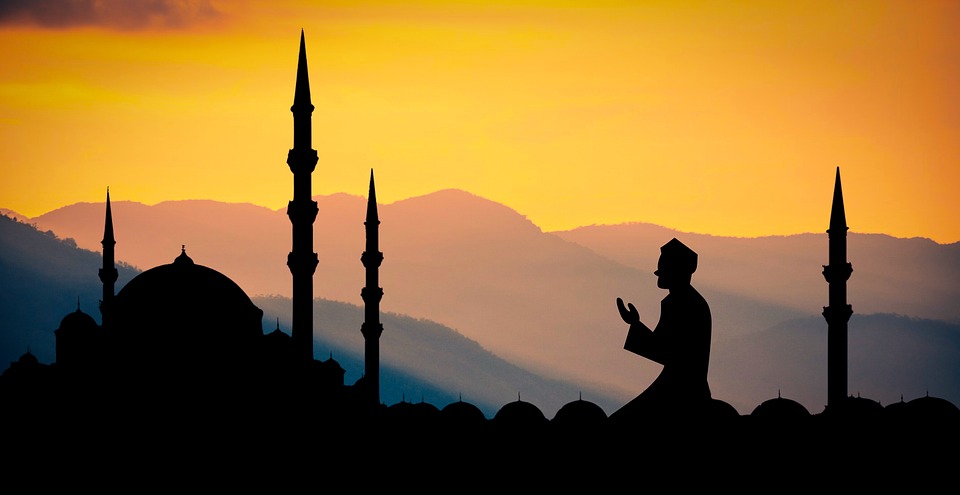It is obligatory for every Mukallaf, able person to fast the month of Ramadan. It is obligatory upon such people to fast upon seeing the crescent moon even if it’s been sighted by a single trustworthy person. According to the mu’tamad position of the madhab it is valid to be sighted by a single upright Muslim be it male or female.
If sighting the moon occurs validly then it becomes obligatory across and upon all the Muslims to fast. Even if a trustworthy and upright person across the other side of the world spots the moon it becomes wajib for everyone else to fast. People have never acted upon this opinion as they go according to their country etc. Also it wasn’t easy to get the message across to everyone. Nowadays it’s problematic as some people have started to pick and choose as to which country to follow. In reality if the moon has been sighted and it’s a valid sighting then every Muslim should fast.
If the person follows the sighting in Saudi Arabia for example, then that is also good. But if a person wants to stick to when his congregation begins fasting then that is preferred as being with the congregation is more important than fasting alone.
When it comes to witnesses, for every month it is necessary for 2 upright males to sight the moon. Ramadan was made the only exception because Ramadan is a month that requires us to fast, it’s an important month hence as per the Hanabila we take extra caution for the sake of the sanctity of the month. Hadith of Abdullah Ibn Abbas of Bedouin sighting the moon. Hadith of Abdullah Ibn Umar sighting the moon. This shows that just one witness is enough to begin fasting the month of Ramadan.
The second way of knowing Ramadan has entered is the completion of the month of Shaban. Every month of the Hijri calendar is either 29 or 30 days. It cannot be 27 or 31 days. If we don’t see the moon even after the 29 of Shaban, we add another day and then start fasting from after that.
The third way of knowing Ramadan has entered, and this is a position held only by the Hanabila (mufradat) is that if there is something preventing the sighting of the moon on the night of the 30 of Shaban. The Night of the 30 of Shaban means the evening of the 29. The night is mentioned first. The next day could be the last day of Shaban or the first day of Ramadan which is why it’s called Yawm al-Shak. Clouds or mountains which prevent us from viewing the moon then fasting in such a case is not obligatory and we complete the Shaban month. The Hanabila say that this day has to be fasted. Abdullah Ibn Umar رضي الله عنه used to fast on such days just to be on the safe side and out of precaution of missing on such a great act of worship. Although the hadith says complete 30 days, the Hanabila say that it holds only when the sighting of the moon is applicable. When it’s not possible then we go by the action of Abdullah Ibn Umar for he is the very person who narrated this hadith. The person who is narrating the hadith is fully aware of the context of the hadith. His understanding is given priority, and this is a principle of Usul.
If for some reason it was possible to spot the moon during the day then the following day is taken to be the first day of Ramadan.
Source: Akhsar Al-Mukhtasarat | Book of Fasting

